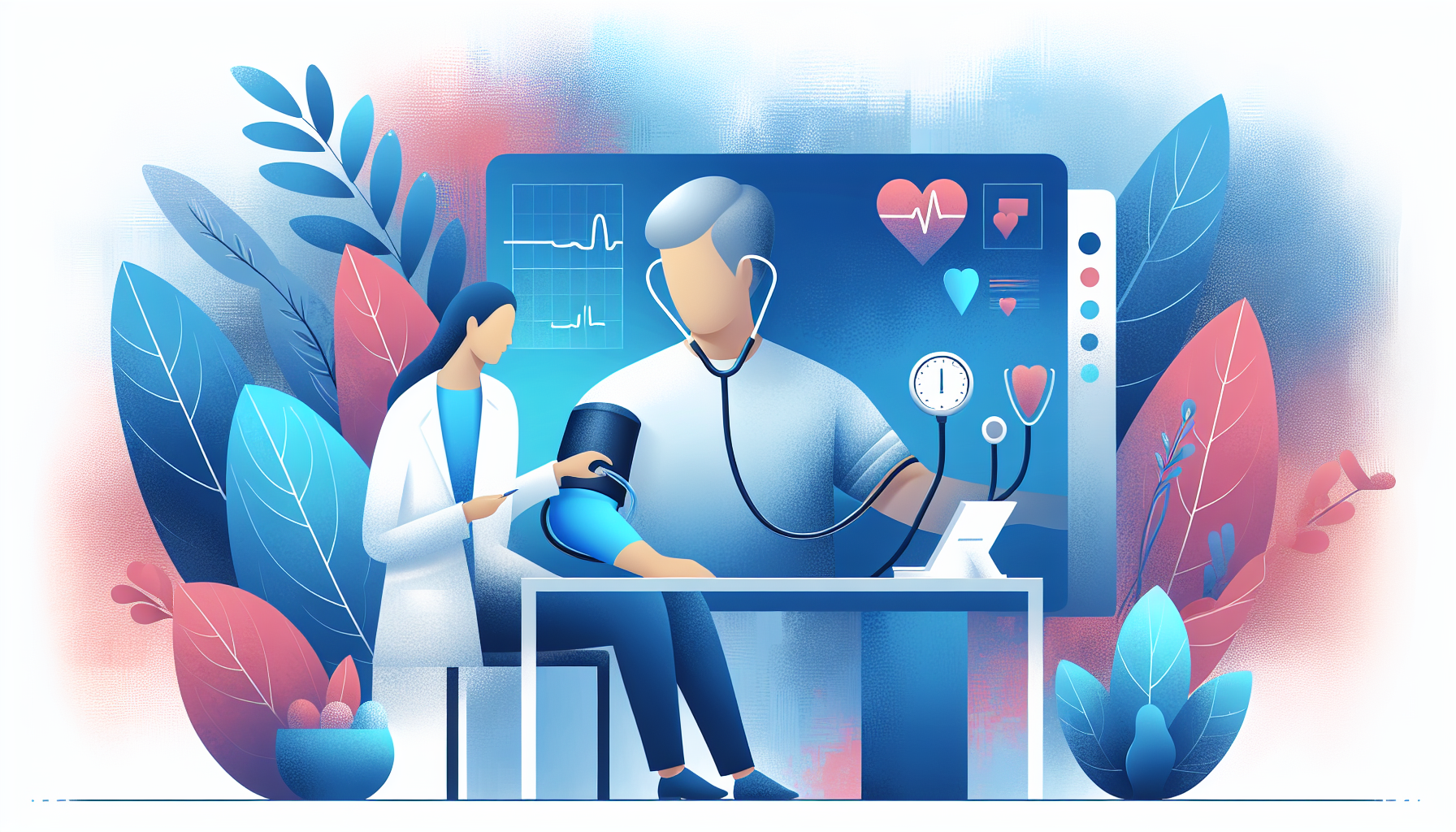Managing high blood pressure, or hypertension, is crucial for maintaining overall health and reducing the risk of serious complications. A recent study published in the March 2024 issue of Hypertension has revealed that telemedicine visits combined with self-measured blood pressure readings may be more effective in helping people control high blood pressure than traditional office visits.
The Study: Comparing Telemedicine and Clinic Visits
Researchers analyzed data from 31 trials, each lasting between six and 12 months, to compare the effectiveness of telemedicine and clinic visits in managing blood pressure. The telemedicine visits relied on patients taking their own blood pressure readings at home and communicating with healthcare providers remotely via phone, video, or email.
The Benefits of Telemedicine and Self-Measured Blood Pressure
The combination of telemedicine and self-measured blood pressure offers several advantages for patients and healthcare providers:
Convenience: Patients can monitor their blood pressure from the comfort of their own homes, reducing the need for frequent office visits.
Increased Engagement: Self-monitoring encourages patients to take a more active role in their health management, leading to better adherence to treatment plans.
Timely Interventions: Remote monitoring allows healthcare providers to identify and address potential issues more quickly, preventing complications.
How Telemedicine Works for Blood Pressure Management
During telemedicine visits, patients share their self-measured blood pressure readings with their healthcare provider, who can then assess the data and make necessary adjustments to treatment plans. This ongoing communication and collaboration between patients and providers are key to successful blood pressure management.
The Future of Hypertension Management
As technology continues to advance, telemedicine and self-monitoring tools are becoming increasingly accessible and user-friendly. The findings of this study highlight the potential for telemedicine and self-measured blood pressure to revolutionize the way we approach hypertension management, offering a more effective and convenient alternative to traditional office visits.
For more information on hypertension and remote healthcare, visit:
The Bottom Line
This combination approach delivers measurably better outcomes by eliminating white coat syndrome, enabling rapid treatment adjustments, and dramatically improving patient engagement with their care. The key is consistent daily monitoring paired with regular virtual check-ins that allow real-time medication optimization. If you're struggling with uncontrolled readings above 130/80 despite treatment, Doctronic can help determine if this approach is right for you.



